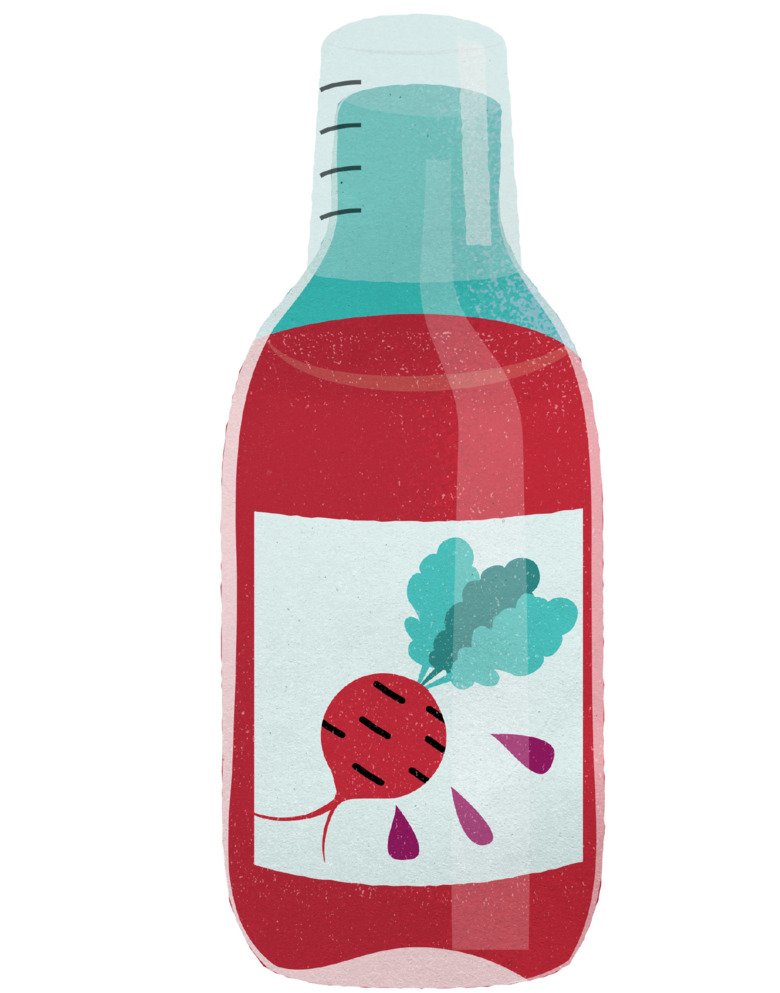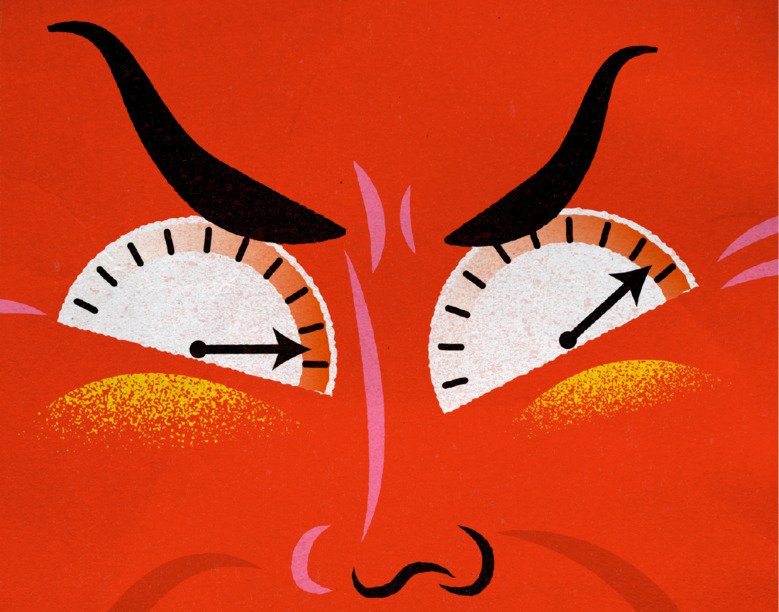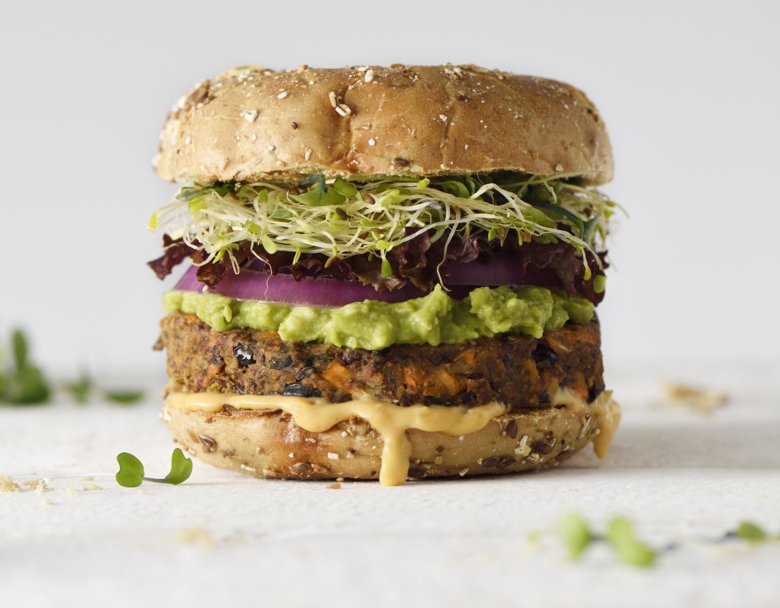Beetroot juice lowers pressure
Can you lower your blood pressure by drinking beetroot juice? Yes, you actually can. Mattias Carlström, Professor of Cardiorenal Physiology and a research group leader, explains the connection.

Text: Annika Lund, first published in Swedish in the magazine Medicinsk Vetenskap no 1/2021. The researcher's title was updated in October 2024.
“It has to do with nitric oxide, a gaseous signalling molecule that impacts various systems in the body, including the cardiovascular, renal, immune and nervous systems. In 1998, three researchers received the Nobel Prize for discovering that nitric oxide plays a major role in important functions of the cardiovascular system. Among other things, they managed to explain why the heart medication used by older generations, nitroglycerine, has an effect on angina. The answer is that nitroglycerine releases nitric oxide, which has a vasodilating effect.
Where does the beetroot juice come in?
“There are several ways for the body to supply itself with nitric oxide. What was first discovered is that nitric oxide is produced by an enzyme called nitric oxide synthase, abbreviated as ‘NOS’. However, the function of this enzyme and its ability to form nitric oxide seem to deteriorate as we age, but also for other reasons, such as a sedentary lifestyle and eating unhealthy diets. About 25 years ago it was discovered that the body can form nitric oxide in another way. We can eat nitrate that is converted into nitrite with the help of bacteria in the oral cavity. This nitrite can then be converted into nitric oxide in the body, completely independent of NOS. Eating foods that contain a lot of nitrate can thus help to increase the formation of nitric oxide in the body, thereby lowering blood pressure.”

How big is the impact?
“On average, systolic blood pressure is reduced by approximately 4 to 5 mm Hg and diastolic pressure drops by 2 mm Hg, following ingestion of 5-10 mmol of nitrate per day. This is an overall picture from studies in which the subjects have consumed nitrate-rich diets, often incorporating beetroot juice, for various lengths of time and in slightly different quantities, but in all cases a quantity that can be ingested as part of one’s diet. It’s a clinically relevant reduction; a reduction of 2 mm Hg in blood pressure means a 10 percent reduction in the risk of having a stroke.”
Is nitrate only found in beetroot?
“No, it’s found in high levels in green leafy vegetables as well – mainly in spinach and ruccola, but also in iceberg lettuce. It is also found in parsley, leeks, celery, radishes, fennel and kale.
What are you studying right now?
“In one study, we will ask women with preeclampsia to drink a 7 cl shot of concentrated beetroot juice each day. Half of the women will get regular beetroot juice, which contains 400 mg of nitrate, while the rest will receive juice that is identical in taste and appearance, but which contains no nitrate. We have a control group of healthy women as well, who will get juice according to the same regimen, but it’s the women with preeclampsia we are most curious about. Our hypothesis is that nitrate-rich beetroot juice will lower blood pressure and improve endothelial function compared with the placebo juice. We’re also about to launch another study, where people with type 2 diabetes will consume nitrate in the form of beetroot juice, morning and evening for a month. Then we will investigate the effect on cardiovascular, metabolic and kidney-related functions.
More reading
 Foto: Jens Magnusson
Foto: Jens MagnussonBlood pressure – true or false?
Is it really true that licorice raises blood pressure and that blood pressure medication increases the risk of becoming seriously ill in covid-19? The researchers arrange the concepts.
 Foto: Istock
Foto: IstockCan we learn to love disgusting foods?
Through our eating habits, we can influence how both we ourselves and the planet can thrive. More plant-based and less meat would be good for health, the environment and resources, according to most researchers. But can we acquire a taste for just about anything?
